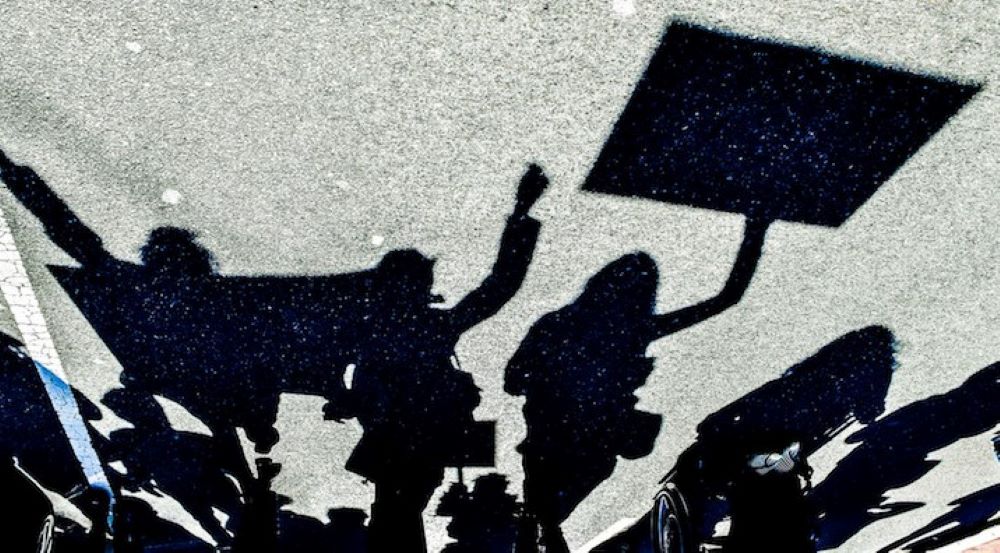Twenty-two years later, Kosovo still lacks a national strategy for dealing with its past. This strategy doesn’t exist primarily due to a lack of political will, but also due to a lack of genuine engagement of national and international actors.

Jovana Radosavljevic
Since 1999, Kosovo’s approach to dealing with the past has been inconsistent and inadequate. War crimes have been tried by international courts (ICTY), international institutions (UNMIK and EULEX) and national courts. While justice for war crimes is important, focusing on these trials has resulted in the investment in resources to promote coexistence and reconciliation being neglected.
Kosovo’s efforts to achieve reconciliation have not yielded expected results as of yet, especially as there has been no serious political interest or investment, and a lack of concrete and valid understanding of the mechanisms crucial for reconciliation. Transitional justice initiatives in Kosovo have been politicised and personalised by political leaders, and have suffered from a lack of coordination, therefore failing to ensure adequate representation and inclusion of affected communities (both conflict victims and survivors).
In addition to initiatives on the right to justice, including the Special Council of Kosovo, an initiative related to the right to truth was launched in 2017 by then-President Hashim Thaci, whereby he announced the establishment of the Truth and Reconciliation Commission. In the meantime, a preparatory team has been formed, composed of representatives of both civil society and the authorities, whose primary role was to draft the Normative Act of the Commission in accordance with the findings obtained through public consultations with stakeholders. The mandate of the preparatory team ended in October 2020 without the Truth and Reconciliation Commission being formed. It’s never been decided how this commission would be formed, whether in the Assembly of Kosovo – as a law, or as a decree by the President. My personal position as former member of the preparatory team, as well as the position of civil society and respondents (66%), in the public opinion poll conducted by Integra in 2019, is that the Truth and Reconciliation Commission should be formed in the Assembly.
The problem with these initiatives in Kosovo is that all initiatives depend on the initiator, and when that person leaves their position the initiative also ends. In this case, the mandate of the preparatory team ended in October 2020, and was not renewed due to the expectations for the first indictments of the Special Prosecutor’s Office, some of which could end up at Thaci’s address. Shortly after the expiration of the mandate of the preparatory team, a plane with those accused of war crimes took off for The Hague. On it was Hashim Thaci, accused of crimes against Albanians, Serbs and Roma in Kosovo and Albania, 1998-99, Kadri Veseli and Rexhep Selimi.
The question is how much understanding the future government, formed around Albin Kurti, will have for the Commission for Truth and Reconciliation, as it symbolises an end of the war wing and politicians stemming from the KLA. That is why it is important for this Commission to be formed lawfully, in the Assembly. That can ensure wider political and social legitimacy, especially by the affected and non-majority communities.
The Truth and Reconciliation Commission in Kosovo, if ever formed, would be part of the overall national strategy for dealing with the past. A positive step is that the Department of Transitional Justice within the Ministry of Justice of Kosovo, in cooperation with civil society, is working hard to start the process of drafting this strategy, which should put victims and survivors at its center.
Jovana Radosavljevic, Executive director of the New Social Initiative, a civil society organisation based in North Mitrovica; former member of the preparatory team in the Commission for Truth and Reconciliation in Kosovo.



Leave A Comment